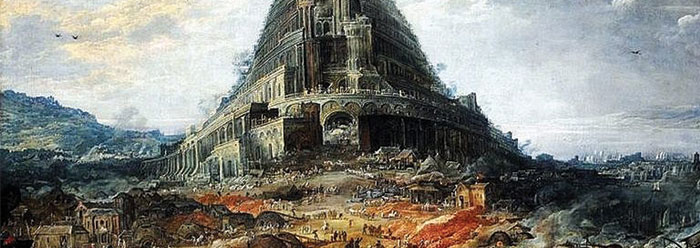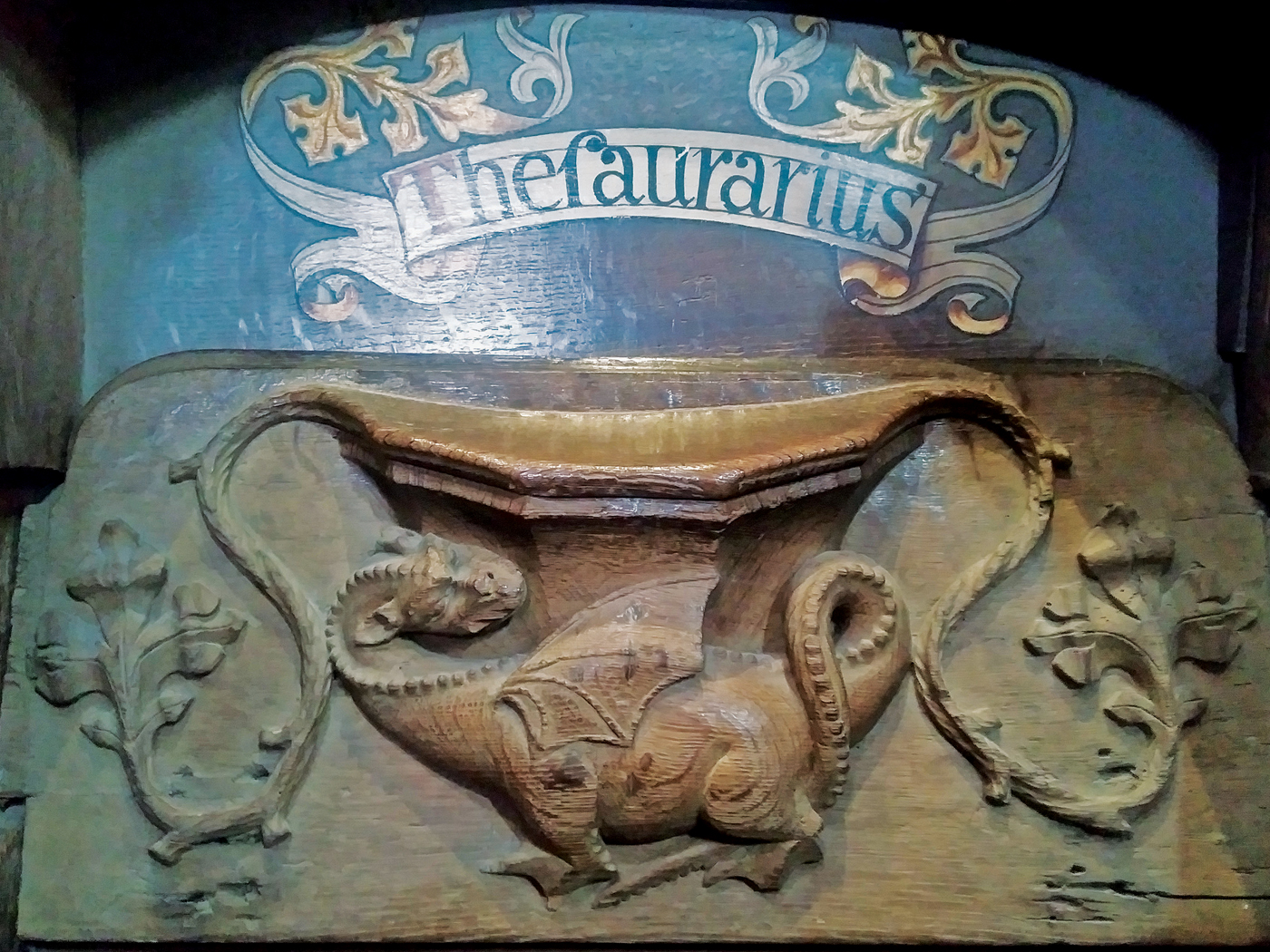Biblical history takes us through several world-changing, but non-repeatable episodes; including Creation, the Curse, and the global Flood of Noah's day. By basing our historical thinking on these true events, we have a much better chance of properly reconstructing the past than if we adopt the untrue view of evolution and uniformity. When it comes to human history and national origins, a similarly all-inclusive event happened in the past, which must be in our thinking if we are to get it right. This was the break-up of the languages and the dispersion of families into all parts of the world.
When Noah and his family left the Ark, God instructed them to "be fruitful, and multiply, and replenish the earth" (Genesis 9:1). Unfortunately, soon they gathered at Babel, and under the leadership of rebellious Nimrod they built a tower "lest we be scattered abroad upon the face of the whole earth" (Genesis 11:4). The tower became an astrological worship center to exalt the creation rather than the Creator. But God wanted them to disperse throughout the earth. He separated their languages into many, for as long as they all spoke the same language no endeavor was beyond their reach (Genesis 11:6).
Genesis 10 has come to be known as the Table of Nations, for it documents 70 nations/language groups migrating to fill the earth, prodded on by their lack of ability to communicate with the others. Archeology has confirmed these basic details, identifying major locations and people groups, although some have been obscured or lost in time. Similarly, linguists have discovered that the number of separate language groups is of the same order of magnitude as the 70 listed in the Bible. Again, some have combined with others or faded into extinction, but the story has the ring of truth about it.
Ever since then, human history has been marked by the conquest of uninhabited lands and by the wars between tribes who spoke different tongues.
Some of the language groups included individuals with special skills in mining, metallurgy, music, agriculture, and animal husbandry, and thus some groups quickly rose to prominence over the rest. Others lived in caves with the meagerest of technology. Each group carried with it memories of their common history—Creation, Fall and Flood, and Babel—which eventually deteriorated into vague legends. They also carried Nimrod's great error of astrology and the misuse of the signs of the Zodiac, explaining why nearly all cultures have essentially the same baseless system.
With the one language, all genetic traits were originally shared among humankind, but once the break-up occurred, ethnic traits began to be expressed, quickly leading to today's "races." Natural selection would match traits to an environment.
The Ice Age was occurring during the centuries following Babel, resulting in harsh climates in Europe, a well-watered Egypt, and a lower sea-level allowing global migration across land bridges such as between Siberia and Alaska.
Without Babel and the dispersion, in our thinking, we would be hard pressed to devise a coherent view of human history. With it the facts fall into place and our appreciation for Scripture increases.
Cite this article: Morris, J. 2003. What Happened at the Tower of Babel? Acts & Facts. 32 (10).




















